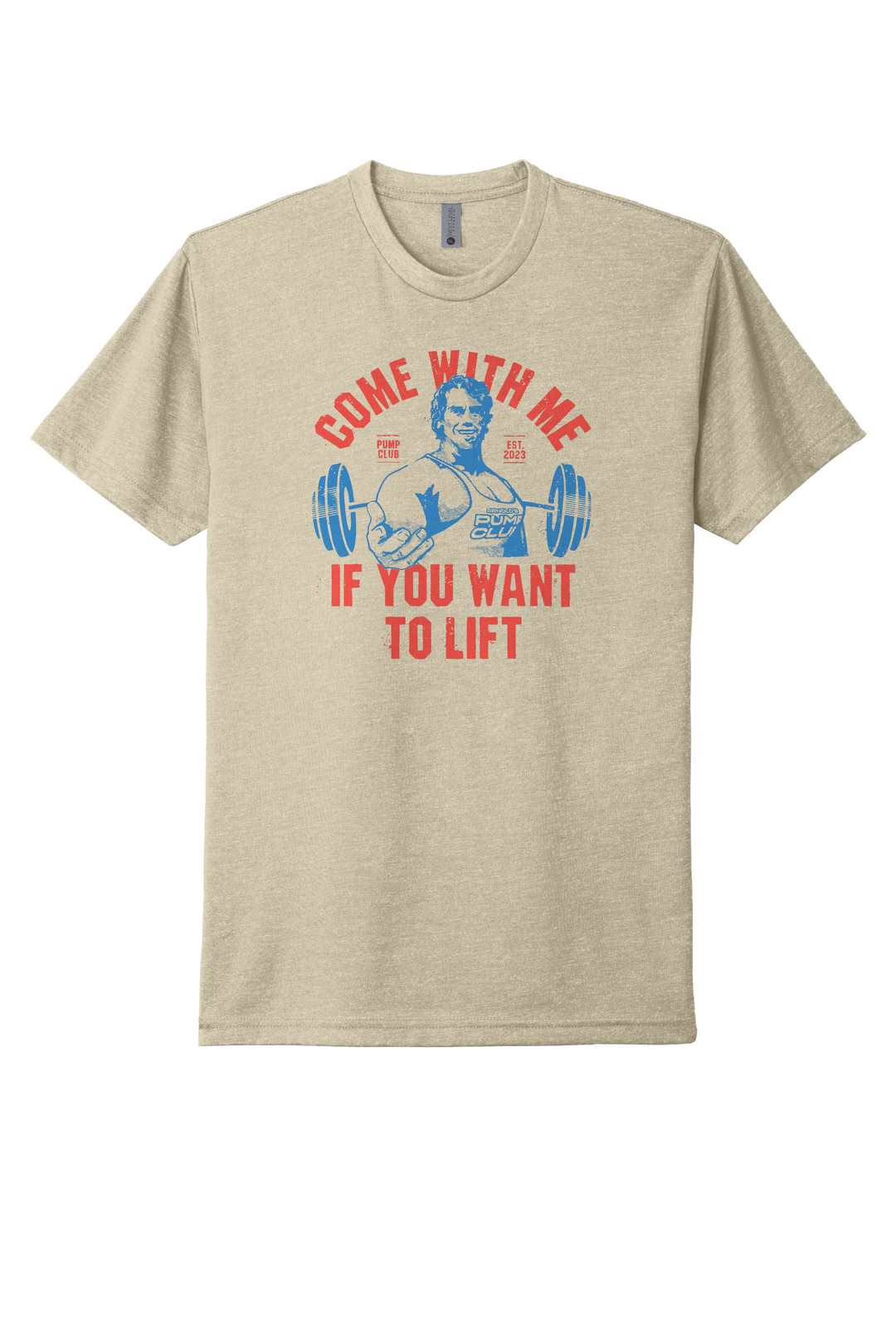Welcome to the positive corner of the internet. Here’s a daily digest designed to make you healthier in less than 5 minutes. If you were forwarded this message, you can get the free daily email here.
Today’s Health Upgrade
Give me a break
Self-sabotage
The superfruit
Arnold’s Podcast
Motivation every day. Want Arnold to help you start your day? Each morning, we post a new podcast with tips you’ll find in the daily email and bonus stories, wisdom, and motivation from Arnold. Listen to Arnold's Pump Club podcast. It's like the daily newsletter but with additional narration and thoughts from Arnold. You can subscribe on Apple, Spotify, Google, or wherever you listen to podcasts.
Give Me A Break
Next time someone gives you a hard time about eating some of your favorite foods, tell them you’re on a diet break. And when they say you won’t see results, tell them to stop being negative and check the science.
A recent study found that taking “diet breaks” can be a part of an effective fat-loss plan. Diet breaks were defined as a one-week period where participants didn’t cut calories, but didn’t overeat excessively either. Think of it as eating well most of the time, and occasionally going out and enjoying a cheeseburger and fries.
The science may seem surprising, but it’s just another notch in the belt of adherence as the ultimate determinant of nutrition success. While most people argue on social media about carbs, fasting, or superfoods, the common denominator of all successful diets is how long you can stick to the plan. And that means following a plan that gives you the best chance to stay consistent for many months, and, ideally, years.
In the study, diet breaks were not associated with faster or more significant fat loss. But that’s only half the story. Even though one group took a one-week break every 2 weeks, they still lost the same amount of fat as those people who dieted without any time off.
If taking breaks every two weeks keeps you sane and more consistent with the plan, and that makes you less likely to burn out, it could help you end the typical yo-yo cycle of weight loss and regain. Remember, the lesson from You Can’t Screw This Up: the goal isn’t perfection, it’s to avoid zero percent weeks.
Breaks can give you more flexibility and help you stick to the plan without so much stress. If that solves why you typically struggle, then diet breaks could be an effective way to build healthy habits, improve your nutrition, and finally keep off the weight for good.
Subconscious Self-Sabotage
Does it ever feel like your body is fighting against you the minute you start losing weight? Turns out, it might not all be in your head.
Scientists found that when you increase physical activity and eat less, your body might adjust by decreasing the total number of calories you burn in a day. In other words, as you lose weight and try to burn more calories from exercise, you tend to move less outside the gym, and the calories you burn from non-exercise activity (such as walking or fidgeting) decrease.
Your body isn’t trying to make your life difficult. It’s simply trying to preserve energy and limit caloric burn. (The process is known as adaptive thermogenesis).
What’s your solution? For one, start by tracking your steps. It’s likely that you won’t even realize if you start moving less. This way you can take action if needed. You might also try smaller initial reductions in how many calories you cut from your diet.
In a separate study, participants cut their calories by 50 percent. But, after just one week, their body responded by reducing their adaptive thermogenesis (calorie burn) by 178 calories. And those with greater adaptation lost about 5 pounds less after six weeks.
To work with your body instead of against it, try any of the following tips:
Gradually decrease calories instead of cutting a lot immediately. The goal is to eat as much as possible while losing weight, and cut calories only once you’re stuck.
Increase your workout intensity week-by-week, instead of starting off doing everything. You’ll be less likely to get hurt, more likely to progressively gain strength, and had with adaptation.
Keep an eye on your steps to make sure they don’t drop off. If they do, try to walk more to offset the caloric slowdown.
The Real Superfruit
Sometimes, it’s good to know that the best foods can still be found at almost any grocery store. Recent research suggests that strawberries can strengthen your brain, lower your blood pressure, and improve your antioxidant capacity.
The scientists gave participants strawberries every day for 8 weeks and compared them to those who didn’t have the fruit. Those who enjoyed strawberries increased their cognitive processing and lowered their systolic blood pressure. And this isn’t the first time strawberries have been linked to powering your mind or improving cardiovascular health. Some research even suggests that strawberries could be linked to a lower incidence of Alzheimer’s Disease.
If you want to copy what the researchers did, enjoy 2 cups of strawberries per day. And for those calorie counters, that’s only about 100 calories, and it includes 6 grams of fiber. Eat and enjoy!
—
Publisher: Arnold Schwarzenegger
Editors-in-chief: Adam Bornstein and Daniel Ketchell
























































